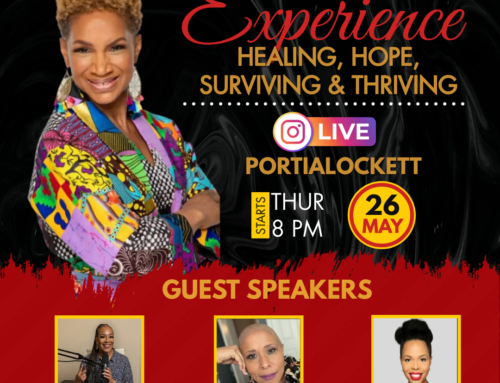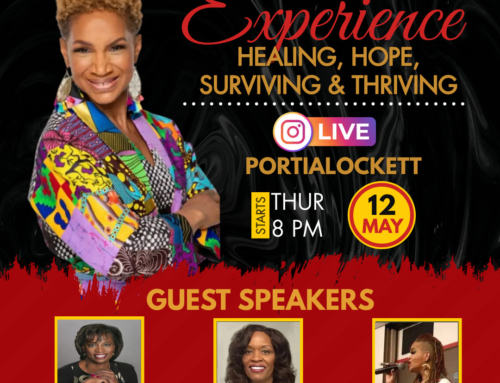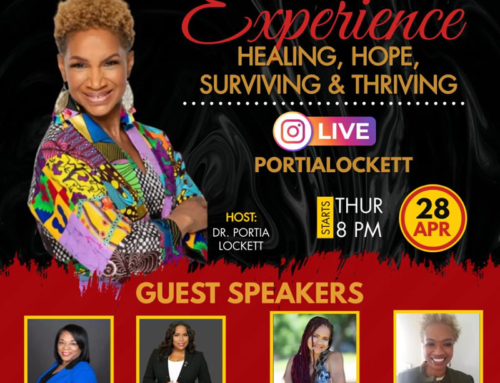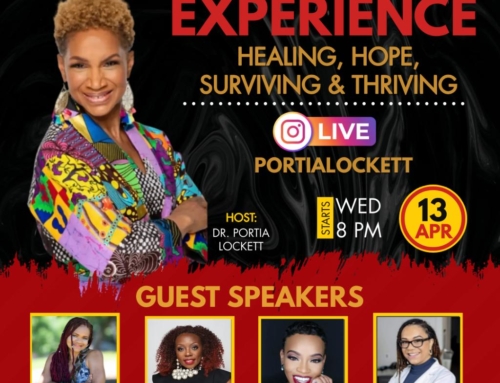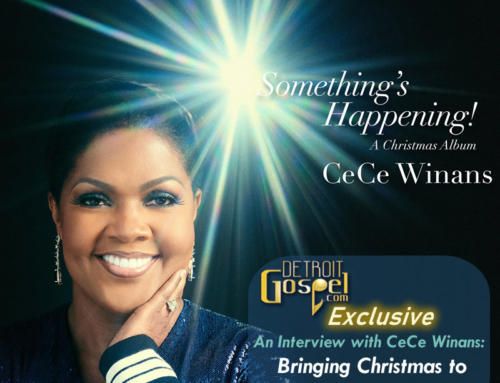Detroit Gospel presents to some and introduces to others Erik Harvey and Paul Collins, better known as Emazin & Goodson.Their brand is hip-hop without the games and without the compromise. Last month, Emazin & Goodson released National Anthems, the follow-up to their 2005 release Serious.The title alone promises that this is a project that reaches far and wide, and they have every intention of taking advantage of that versatility to inspire and minister. They’ve grown musically and professionally, something that has prepared them for the goals they’ve set for their ministry and career.Where it concerns their inspiration, they continue in the vein of their previous album and draw from their personal experiences and faith in their music.
Without a doubt, Erik and Paul are already busy with God’s work.Paul is the youth pastor and praise leader at this church.Erik, formerly a secular entertainer, attends High Praise Cathedral under Bishop Clarence and Dr. Joyce Haddon. Beyond the church walls, however, National Anthems is poised to be the record that catapults the guys farther than they’ve been able to go before, and they’re ready and willing to do what the Lord has in mind for them to do.
I spent some time with Erik and Paul, and they rapped with me about their ministry, their growth, and their plans for the new project.
____________________________________________________________________
Conway: You’ve worked with Choir Boy, King Ray, and others.Who have you worked with on this project?
Emazin: We’ve worked with a lot of people on this one.We worked with K. Montez, Mr. Cel, and Ms. Jaguar. The Rutley Brothers are on a song called “This Place;” it’s hot! Mike Bowdre produced the album.We got a track from Ron O-Ski from P.K.’s 4 Life; he produced a track.It’s sure fire!It’s gon’ be that joint right there.
Conway: What’s different about this particular project than what you brought on the last one?
Goodson: The aim is a lot wider.The name of the album was supposed to have been Still Serious, a continuation of Serious, but in the recording process, we started noticing all these different sounds.For example, we have a song that has a southern [sound], we have a song that has a steppin’ groove, a techno song, a rock song, a ballad, a west coast song, an east coast song…It was so wide that we named it National Anthems.We had to name it something that spoke of the appeal that it has the potential to have.There’s genuinely something for everybody. Also, topic-wise and production-wise, we took it a step up.
Conway: What type of issues are you dealing with on the album?
Goodson: Almost every song on the album is personal in a sense. They way we attack Christian hip-hop is probably not the way people attack it regularly. Instead of coming from the scholastic, academic standpoint, a lot of it comes out of the things we’ve been through. The up-tempo stuff on the album came from us wanting to encourage and celebrate the goodness of God.People would say, “They’re just trying to be all things to all people,” but it just happened like that.It was part of the creative process.Erik might say, “let’s do a rock song,” and I’d say, “a rock song?,” and [we would do it], and it worked.It’s bred out of personal struggle and everyday life.
Conway: How important is it to you that your pastors back you up and back rap up in the ministry?
Emazin: Paul’s pastor, Pastor Joel Wallace, has been supporting us from day one. I’m glad that I have him.
Goodson: It’s important because when the pastor supports anything, a lot of times, the people will support. Some people may not be open to certain things, but once the leader says, “just [give it a chance]”, they may say, “This wasn’t as bad as we thought”, so it’s really meant a lot to me. Pastor Wallace has even gotten us events.
Conway: Being the praise and worship leader at your church, do you feel as if you have to switch faces or switch your mind-set sometimes from doing praise and worship to doing rap and vice-versa?
Goodson: When we first started doing this, I did, not because I felt it was wrong, but I thought, “Now I’m rapping, Sunday I’m singing.”We would get strange looks that made us wonder, but we saw one of our friends, Mr. Cel at an event, and he had his tuxedo on from a wedding he’d attended, whereas traditionally, rappers where baggy, [informal clothing], and he did a song, and after that song, all we saw all over the room were hands lifted, and that’s when it hit me: it’s the same thing. When I go to an event, I want the Spirit of God to bless. We do it all in honor of God.
Conway: Emazin, were there any experiences you had that you brought over to gospel rap?
Emazin: Back then, it was all about what I had: money, cars, etc. Once I got saved, all that changed; it became about what I’ve been through, so other people could be inspired by that, but I brought my same style to gospel.
Conway: What kind of reactions did you get from audiences that heard the first album?
Goodson: At first, it was up and down, but what happens with maturity is you learn certain things, whether it’s about stage presence or connecting with people or song selection. Now we’re getting more positive responses than negative because we know how to [choose] songs for [certain] situations. You have to consider what certain people want and need, and adjust.We get negative reactions because we’re not overly-theological.We’ve [been looked over] at events and by D.J.’s because people think the gospel has to be presented a certain way.
Emazin: Some people just throw negativity out there for no reason. For example, some people called us old, and they don’t even know us.We’ve experienced a lot of hatin’, but since we’re gettin’ all this hate, we must be doin’ something right. We’re just doing what we’re supposed to do.
Conway: Gospel rap is on the move.Do you have any specific goals set for this album that were different from the ones you had for the last one?
Goodson: With Serious, we were trying to introduce ourselves to the industry. We were on a label, and the album didn’t get the exposure it needed, but it taught us, so we set lofty, but realistic goals for this album.We want to hit home first as hard as we can, and with the advent of the internet, you have a ready-made international audience at your fingertips.So we’re looking at taking advantage of the U.K. and Japan [markets]. The WOW compilation is my dream. Since the WOW compilation has been out, only two rappers have been on that compilation: B.B. Jay and Lil’ Irocc. I truly believe that we have something on this album [that we can promote].You can still make quality music and not compromise who you are. There’s no profanity, it’s faith-based, you can definitely hear God in it, but at the same time, it’s real life music.
___________________________________________________________________
Get more info about Emazin & Goodson at www.myspace.com/emazingoodson. Special thanks to Paul, Erik, and Tamika Coleman for a great interview.

